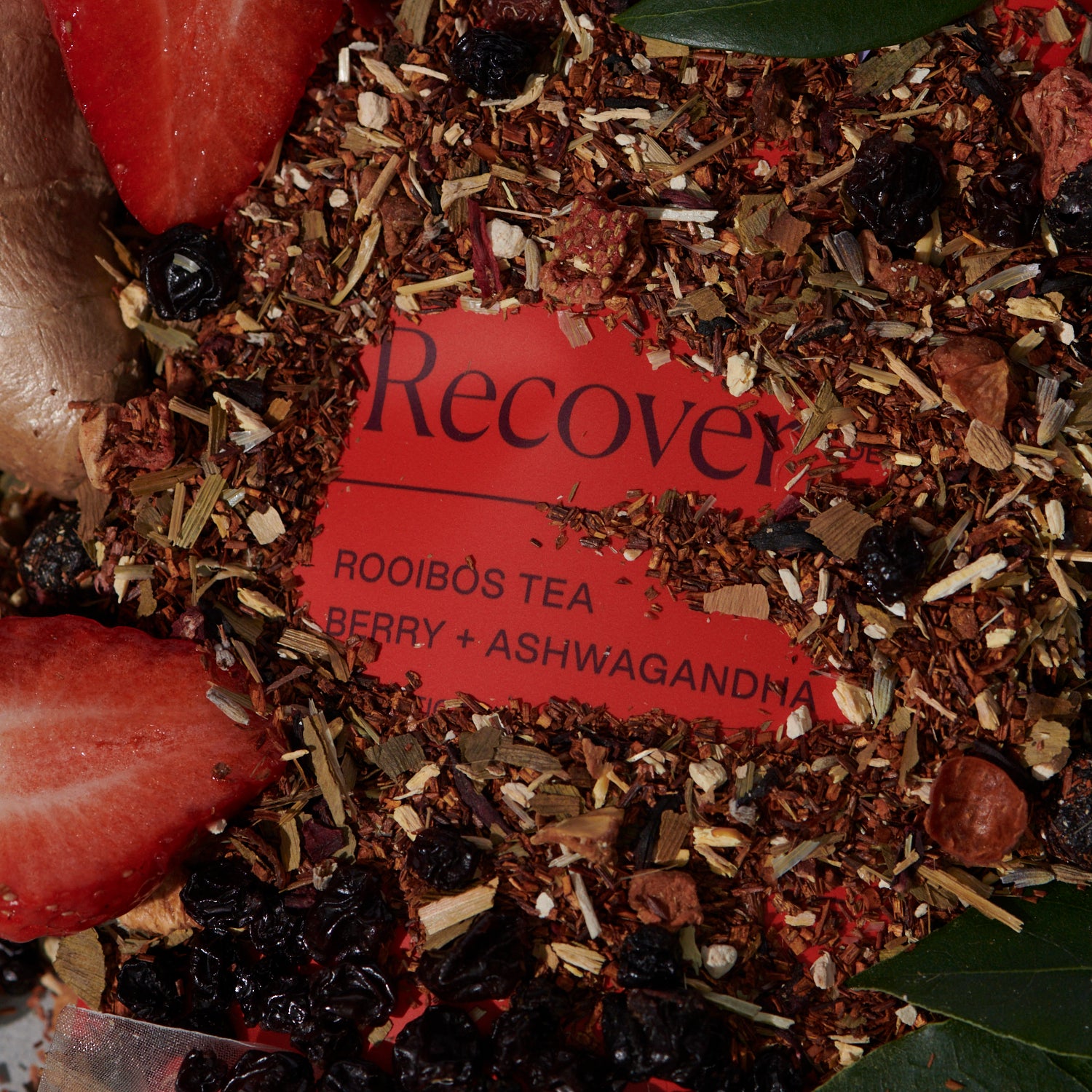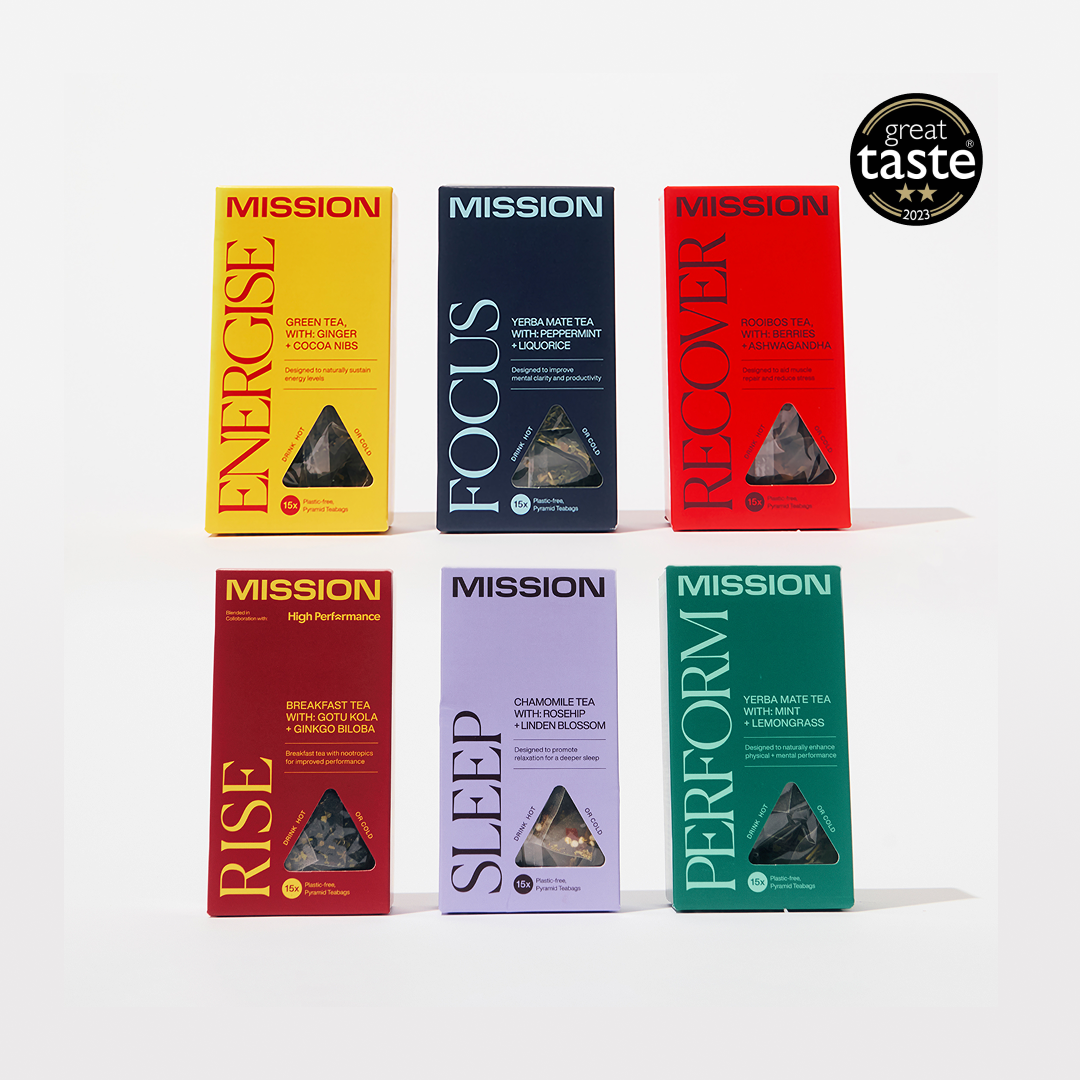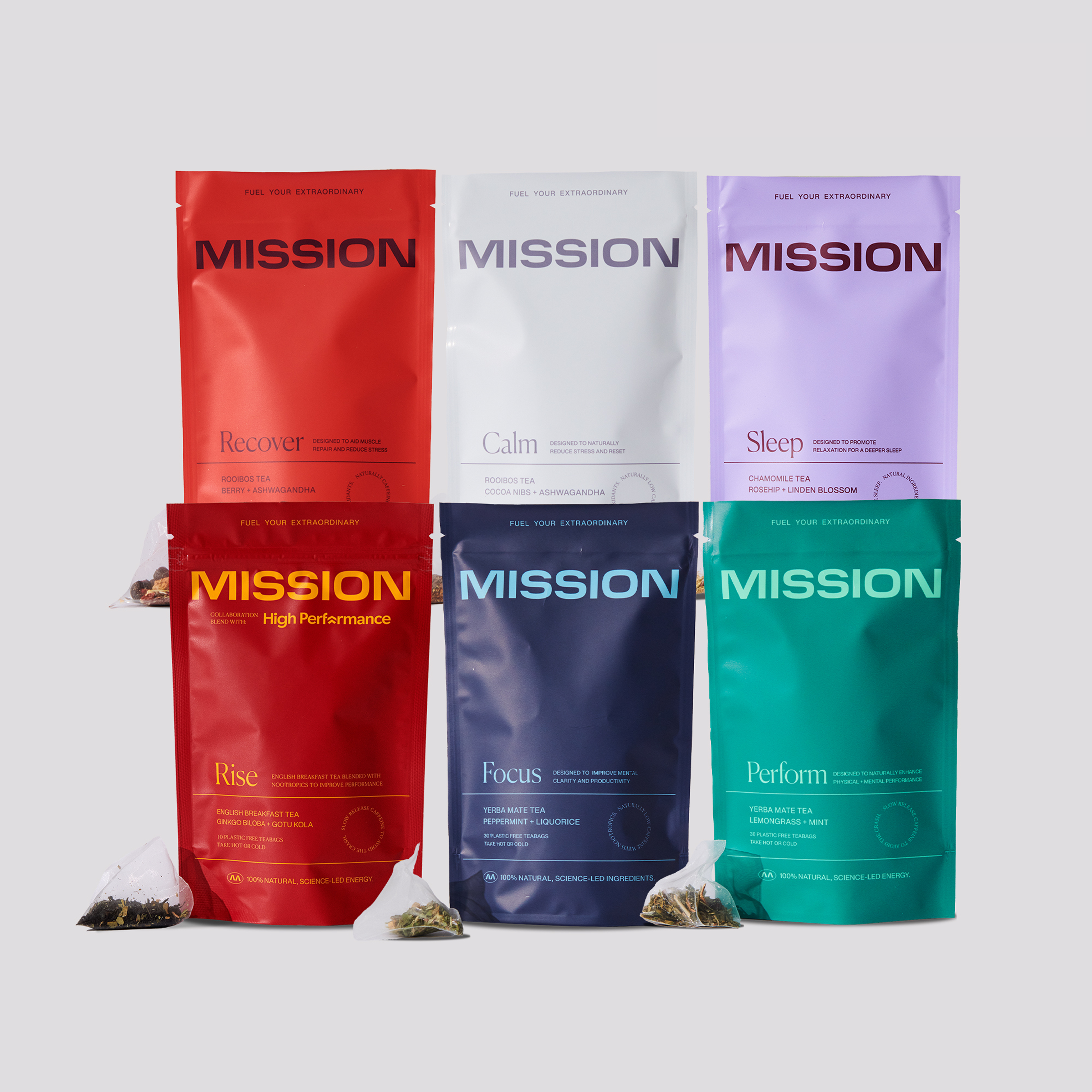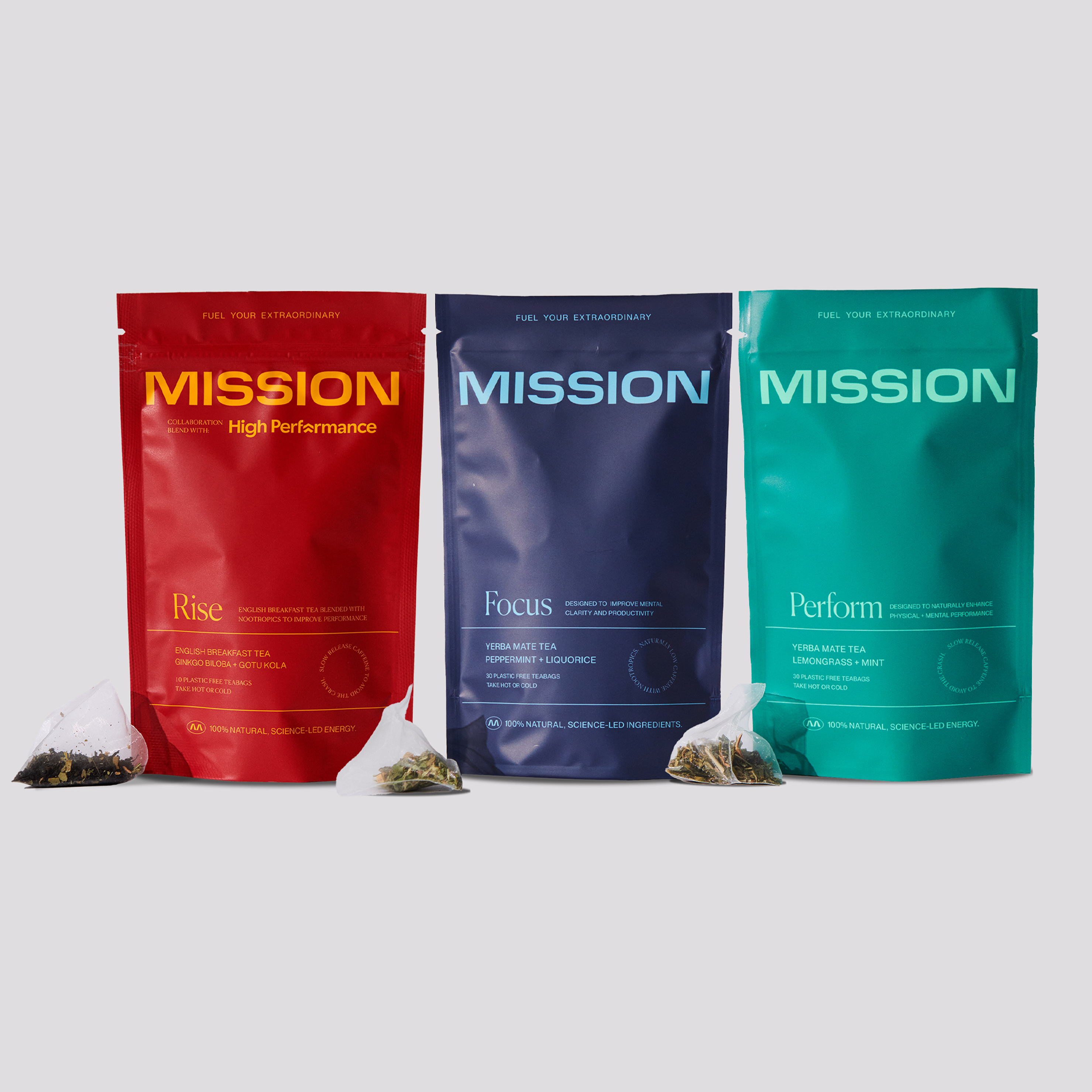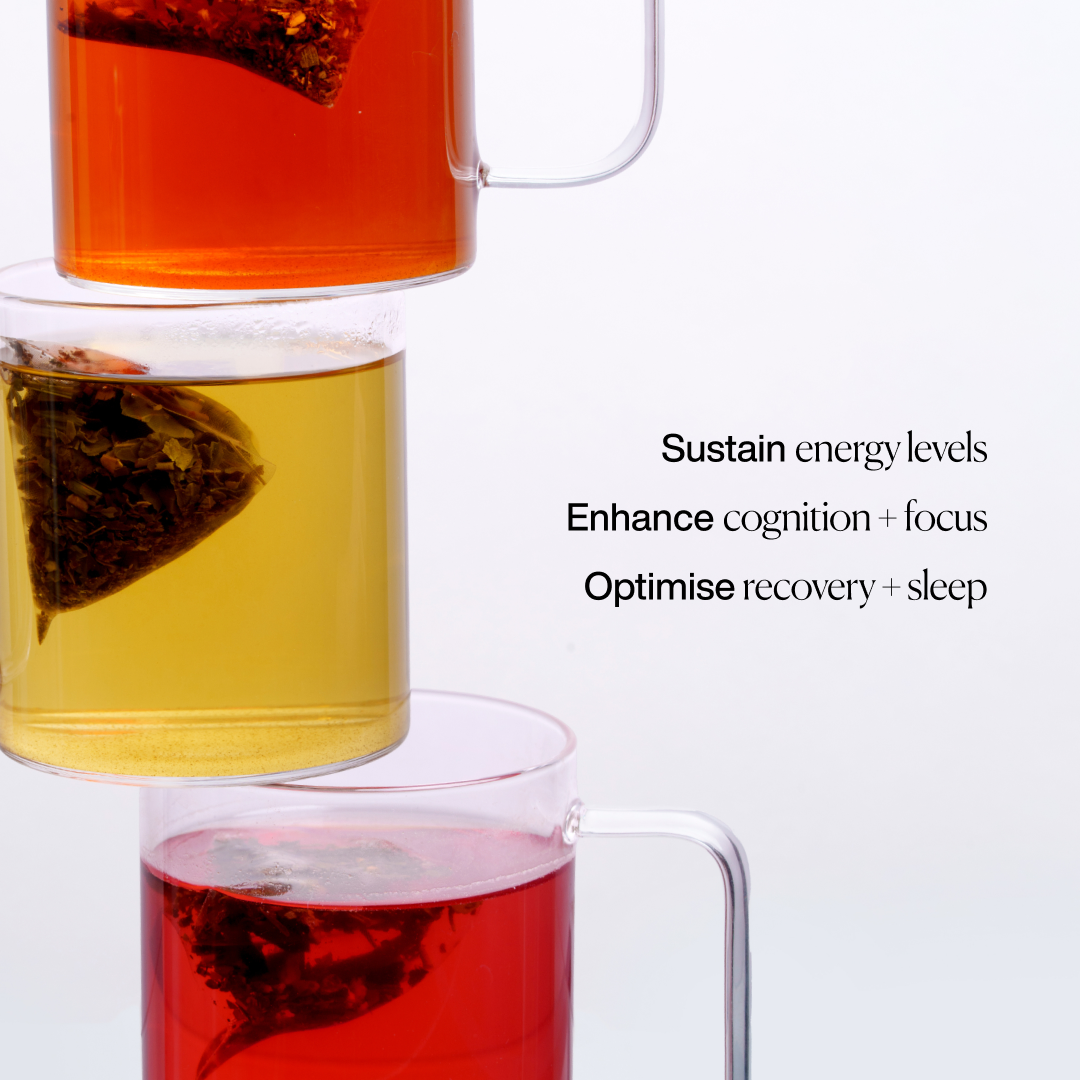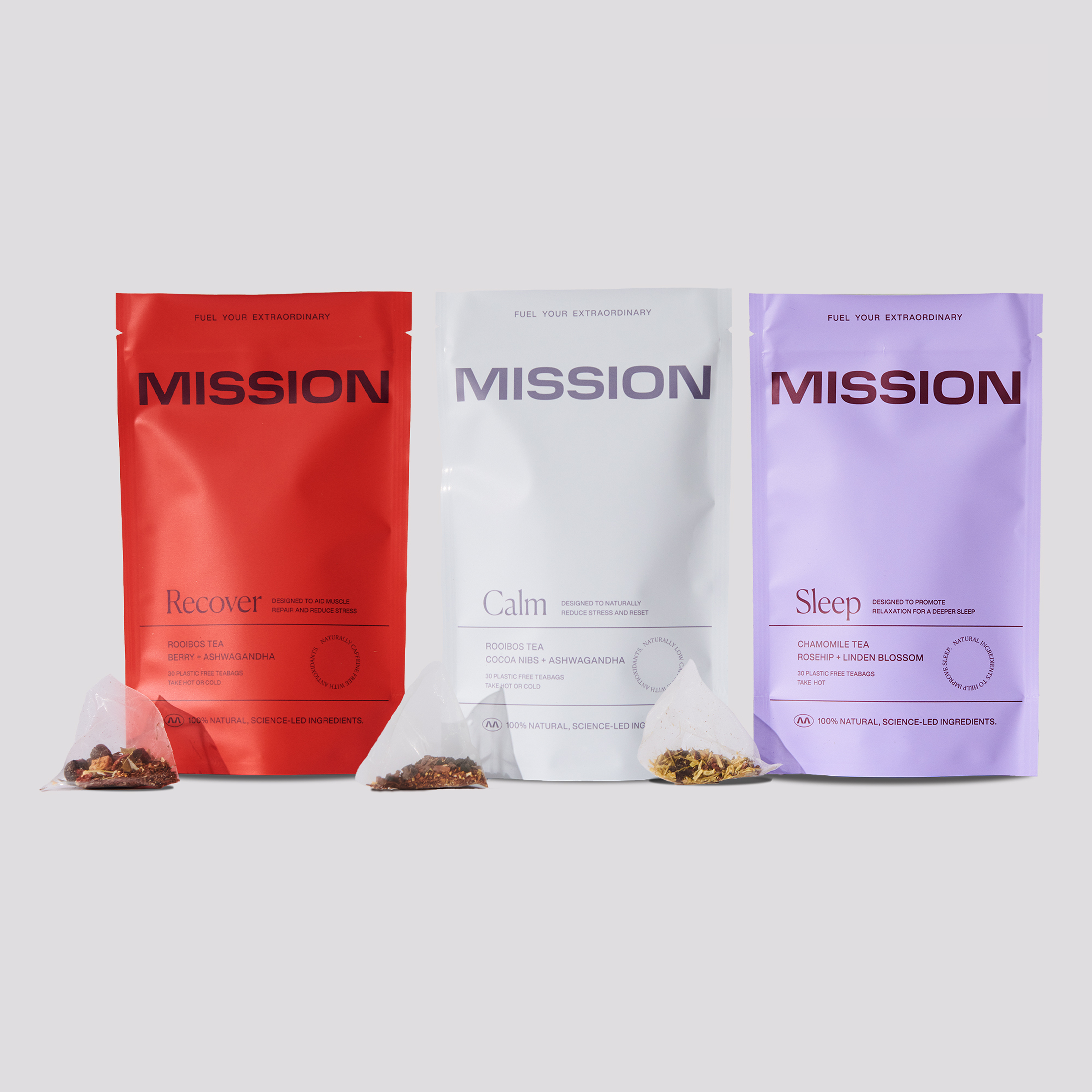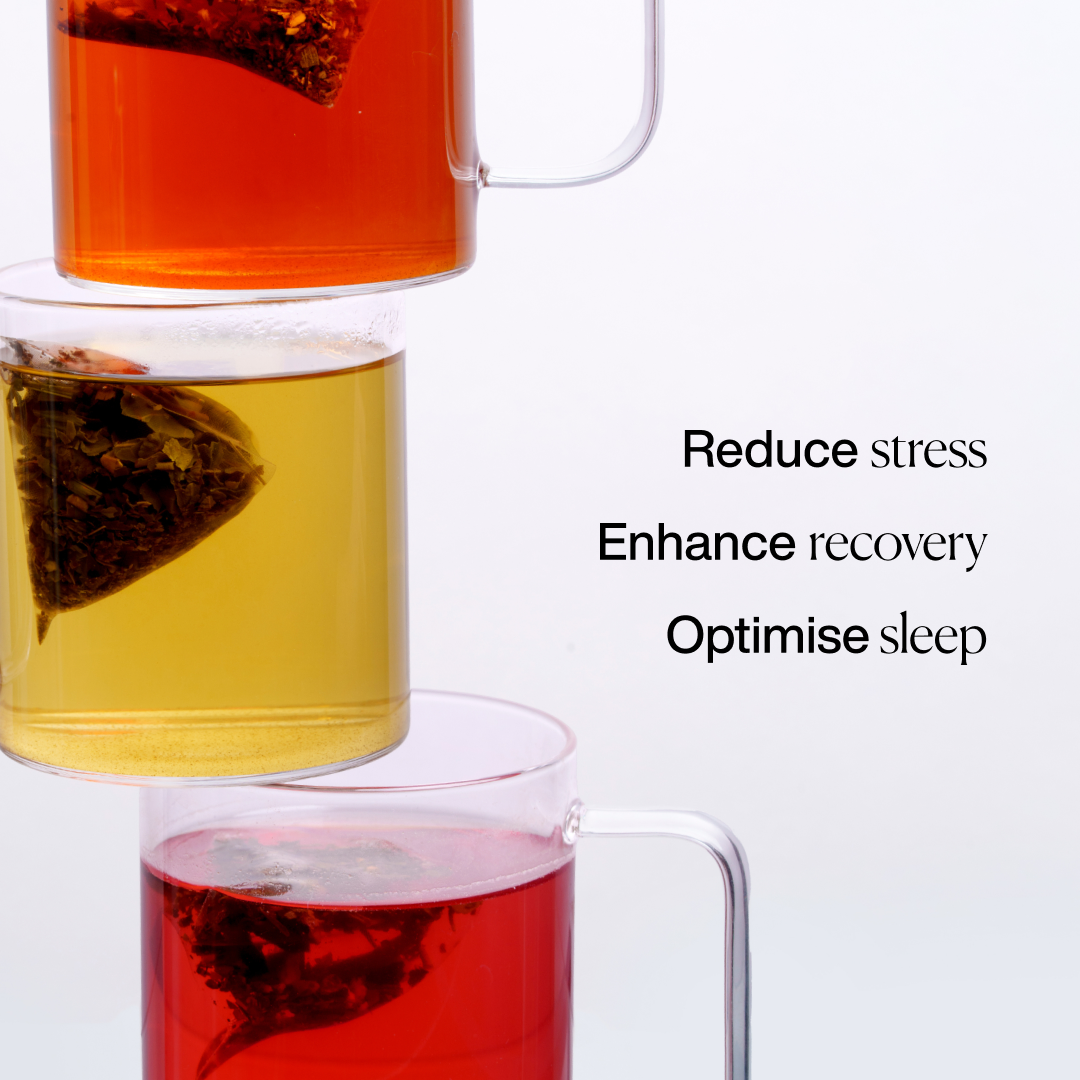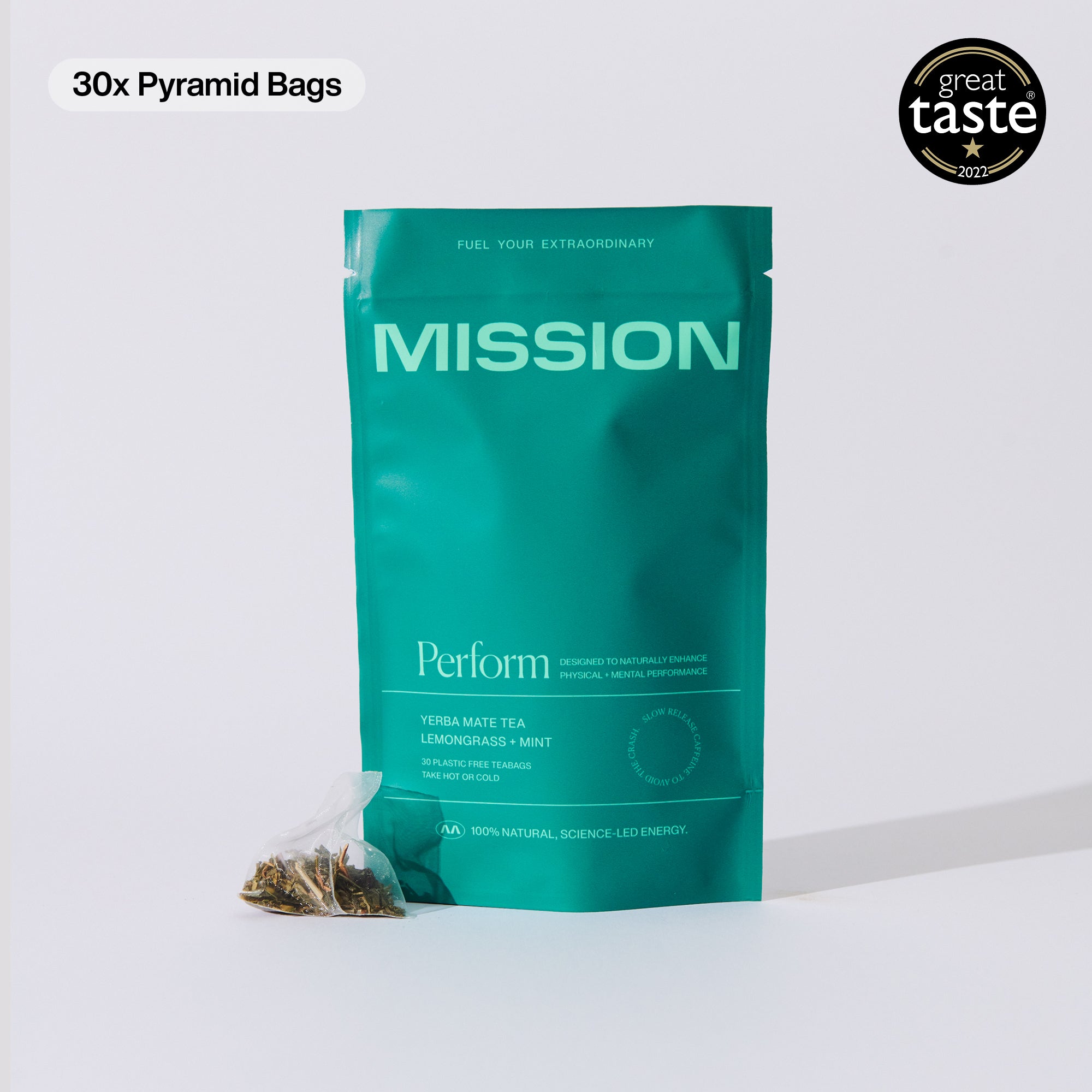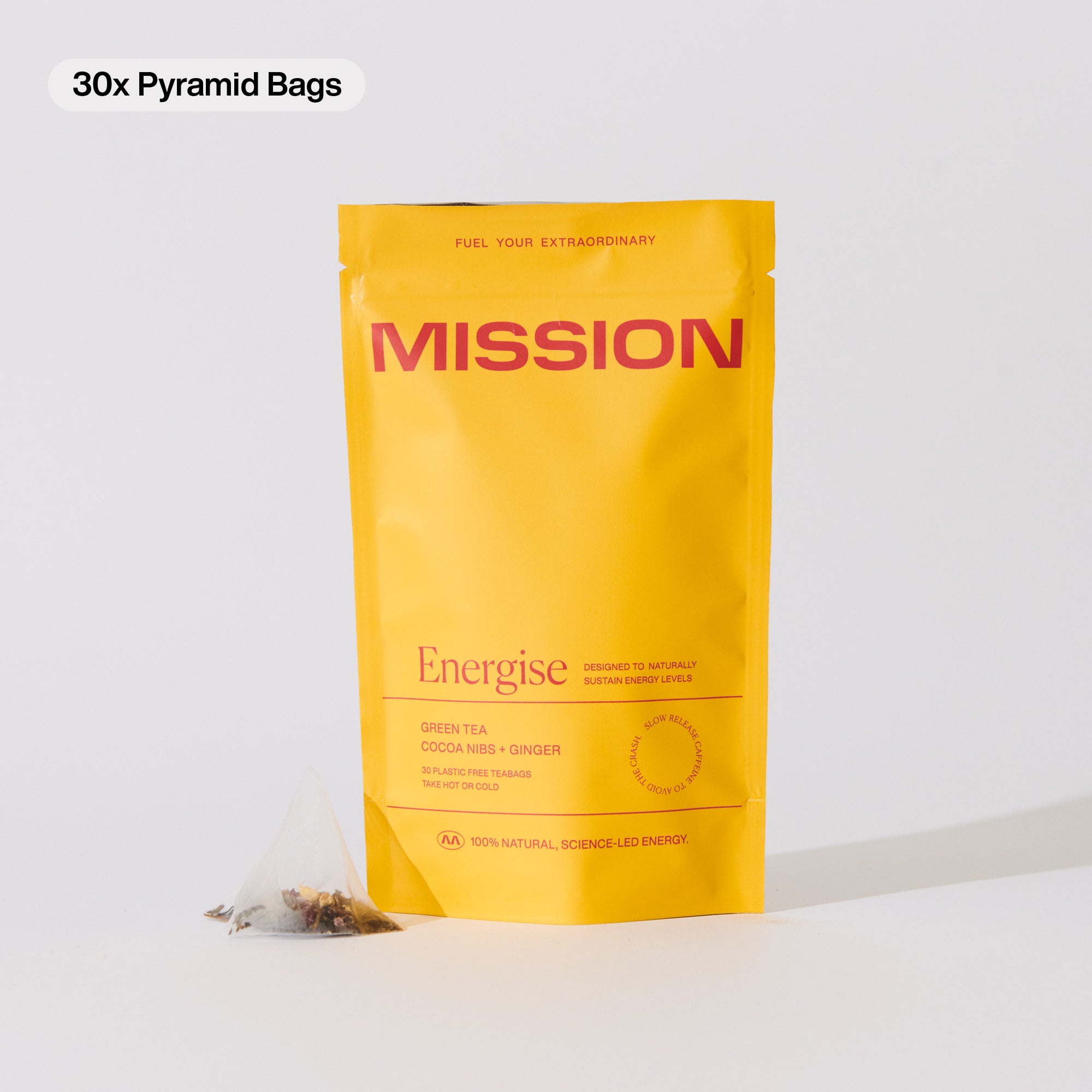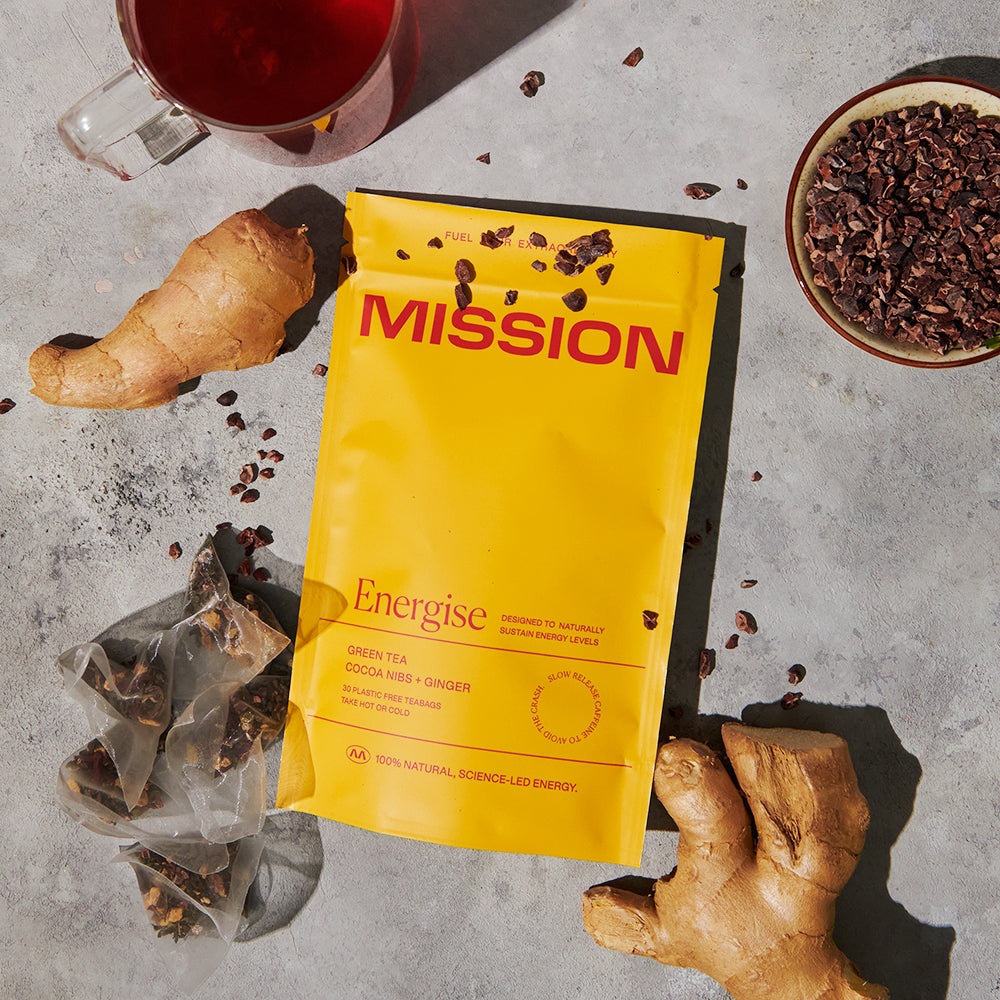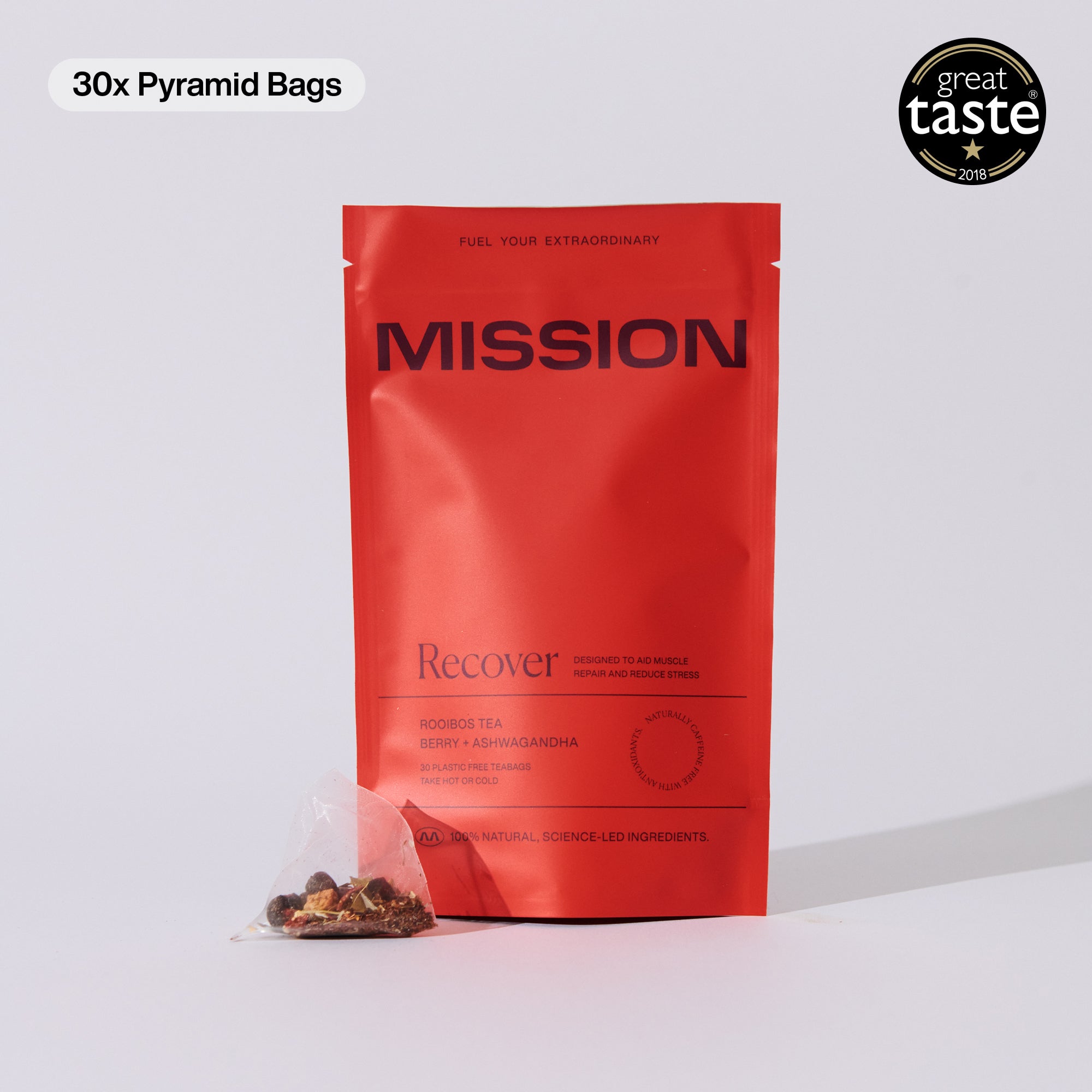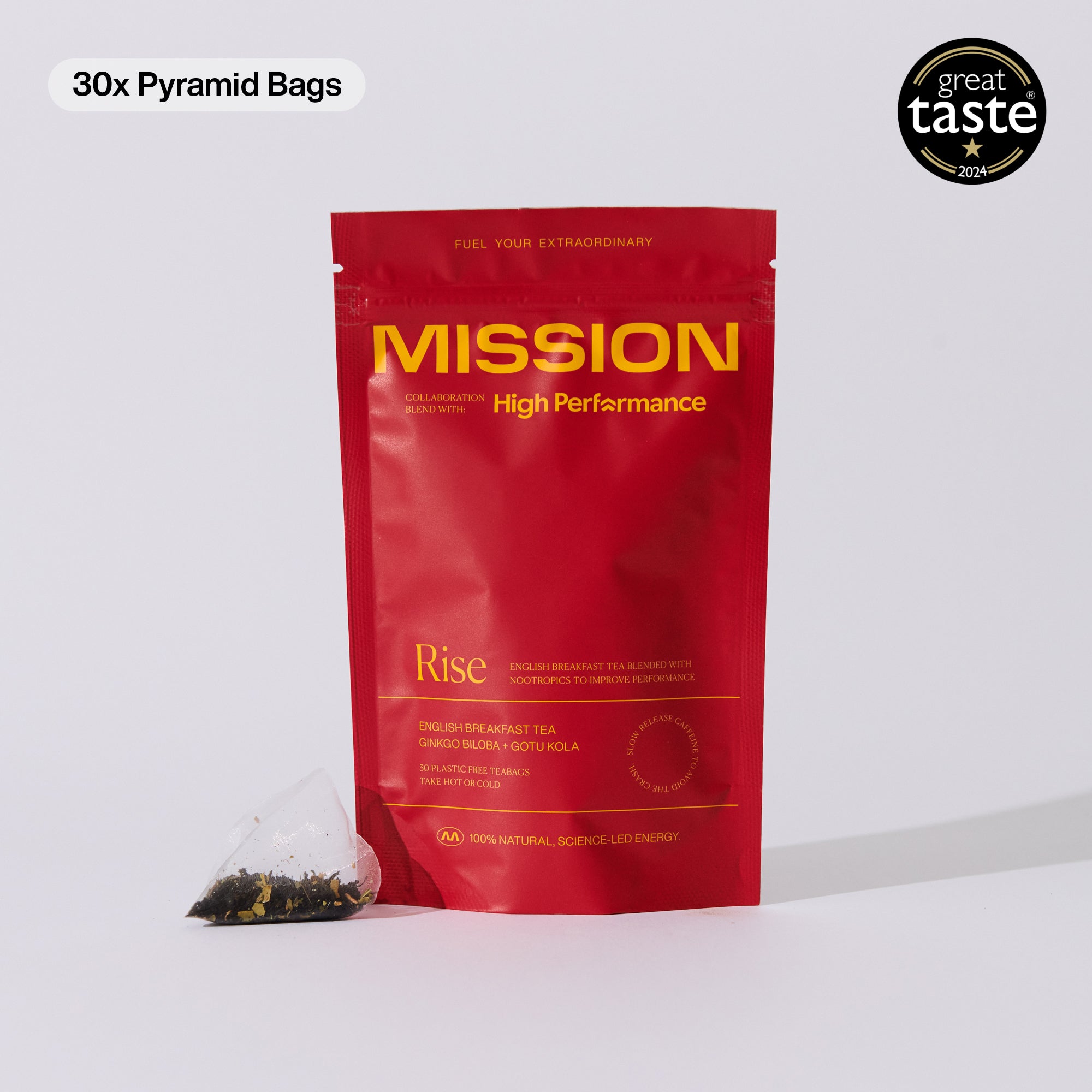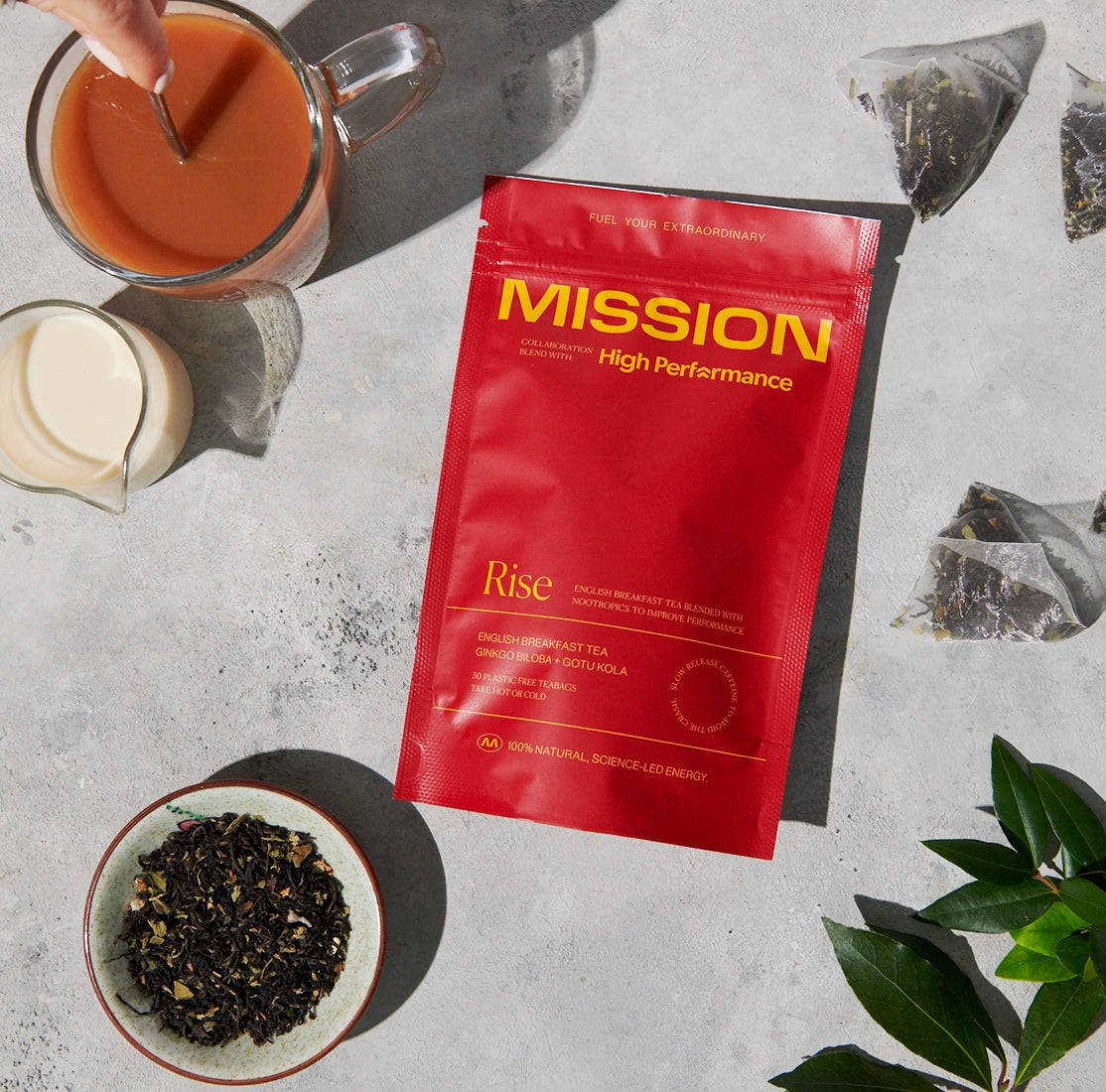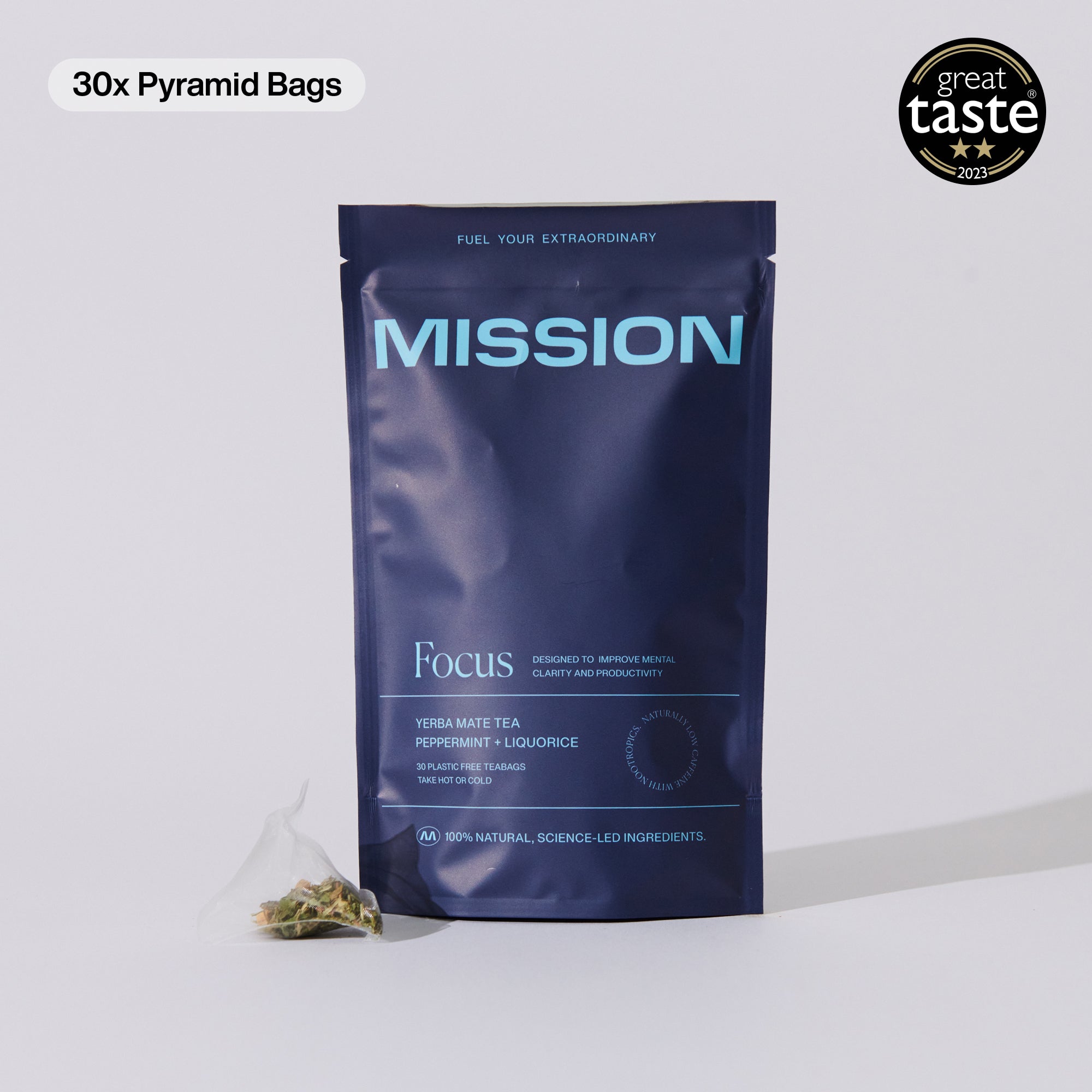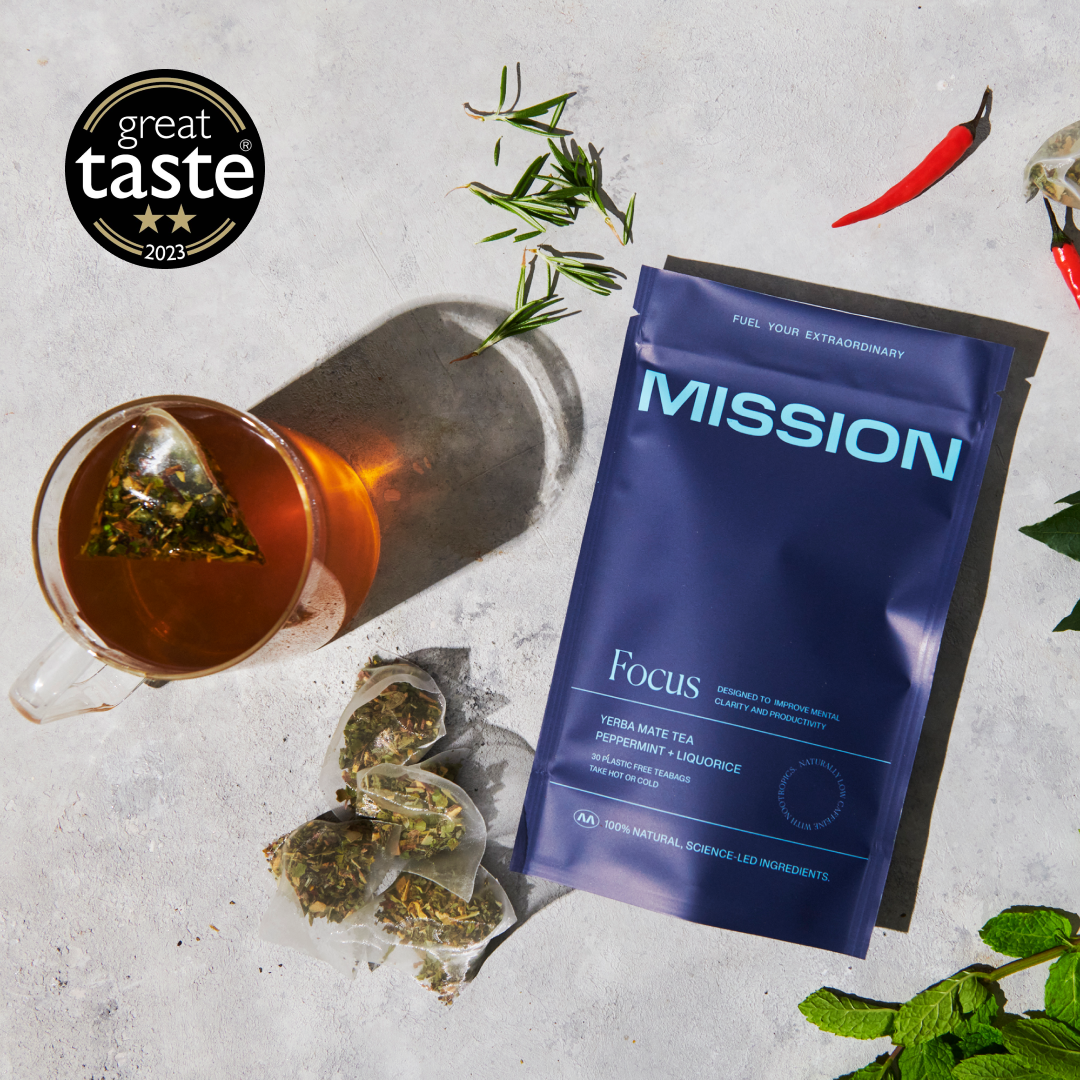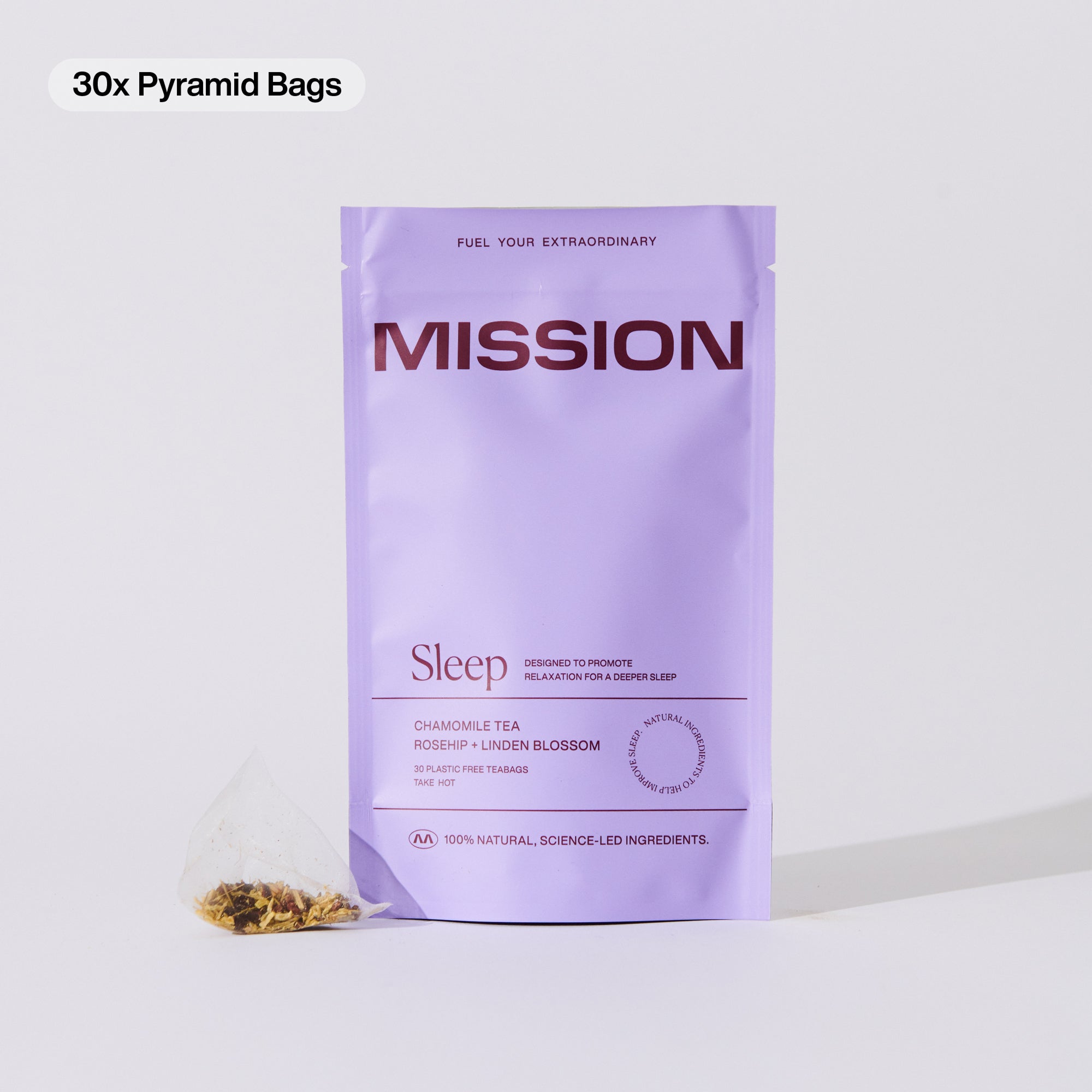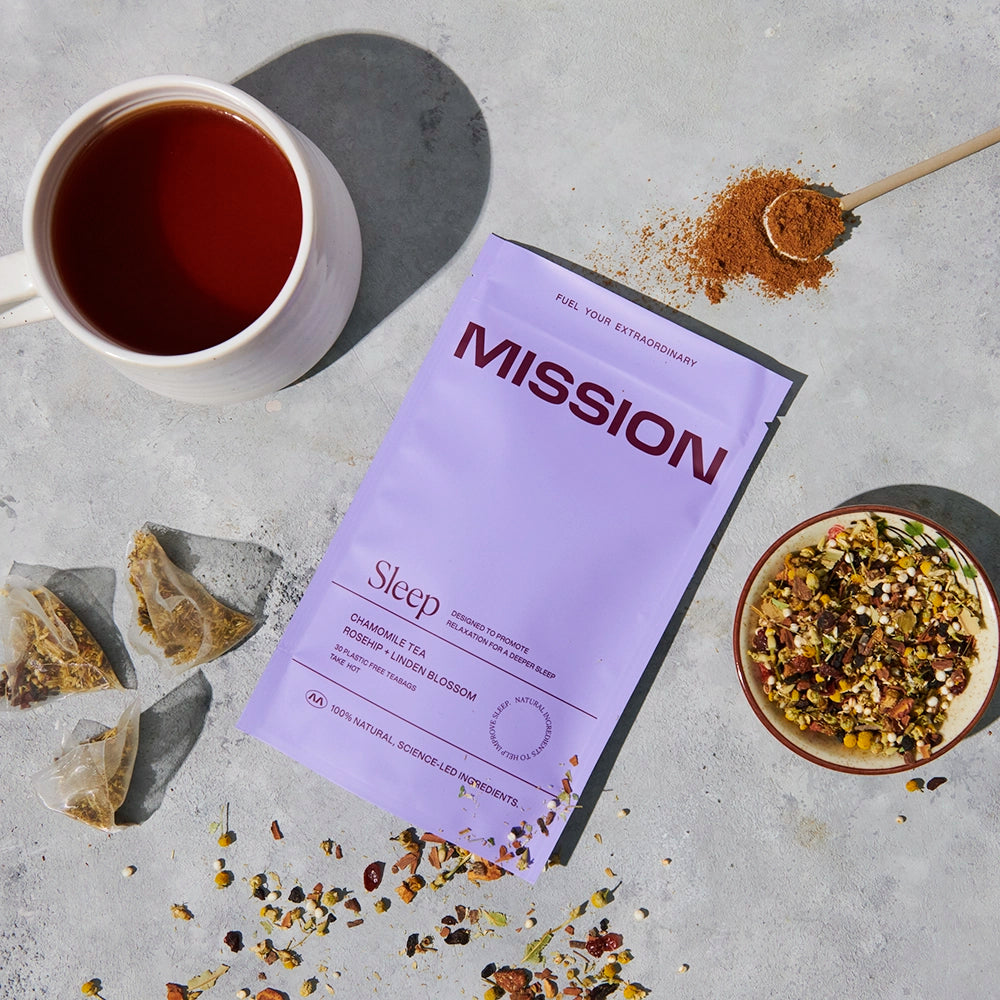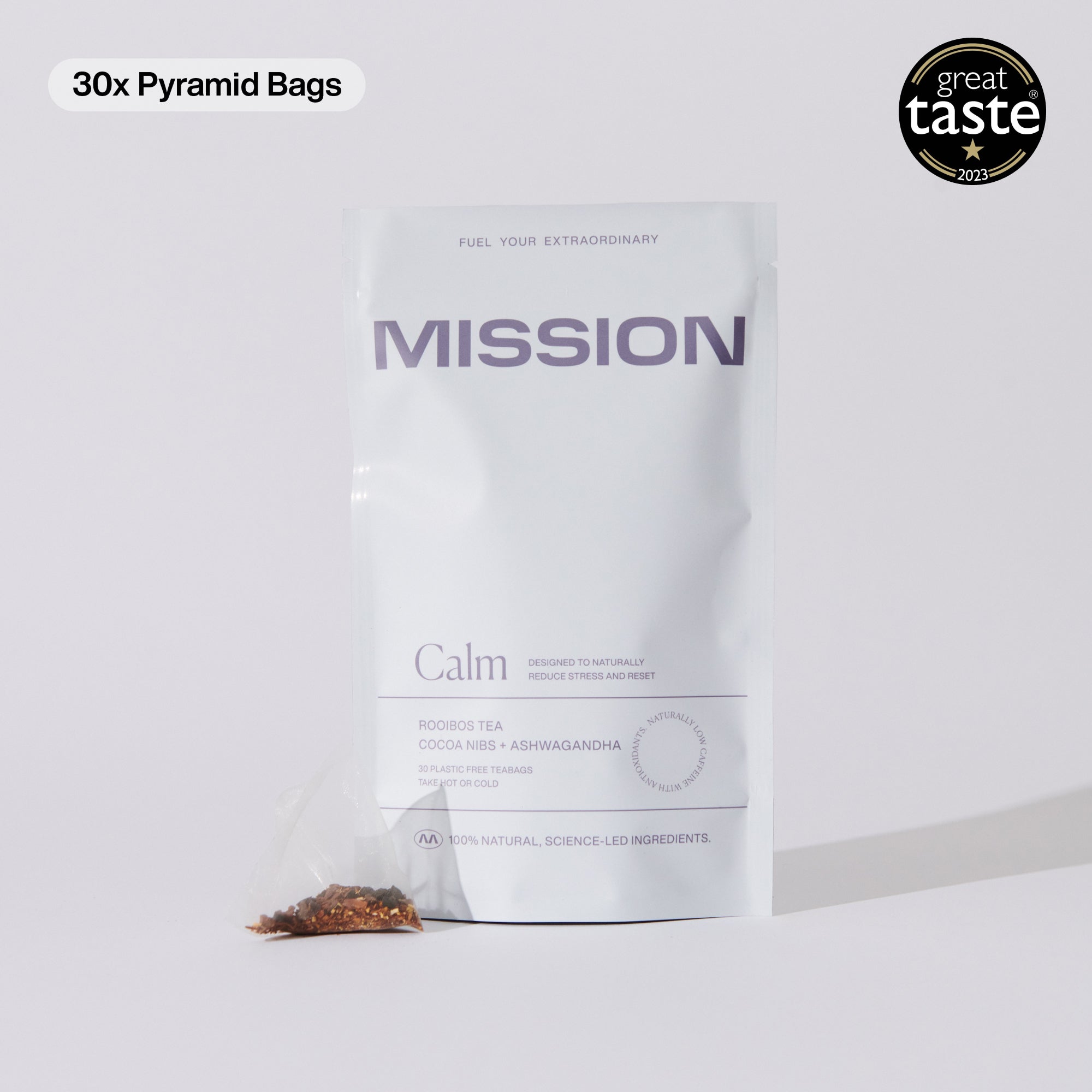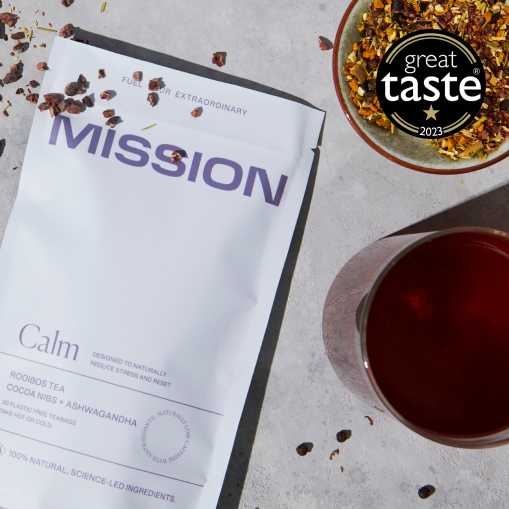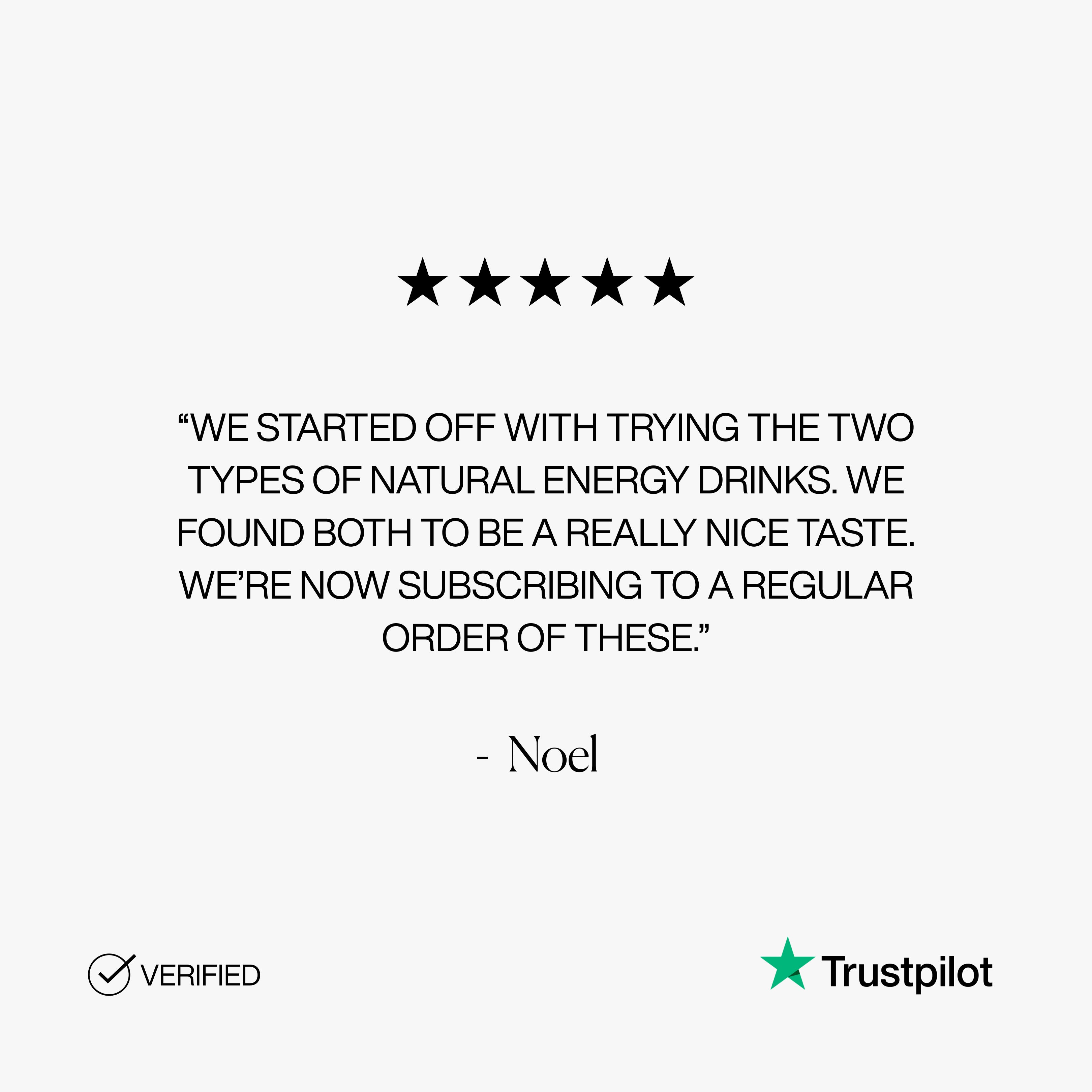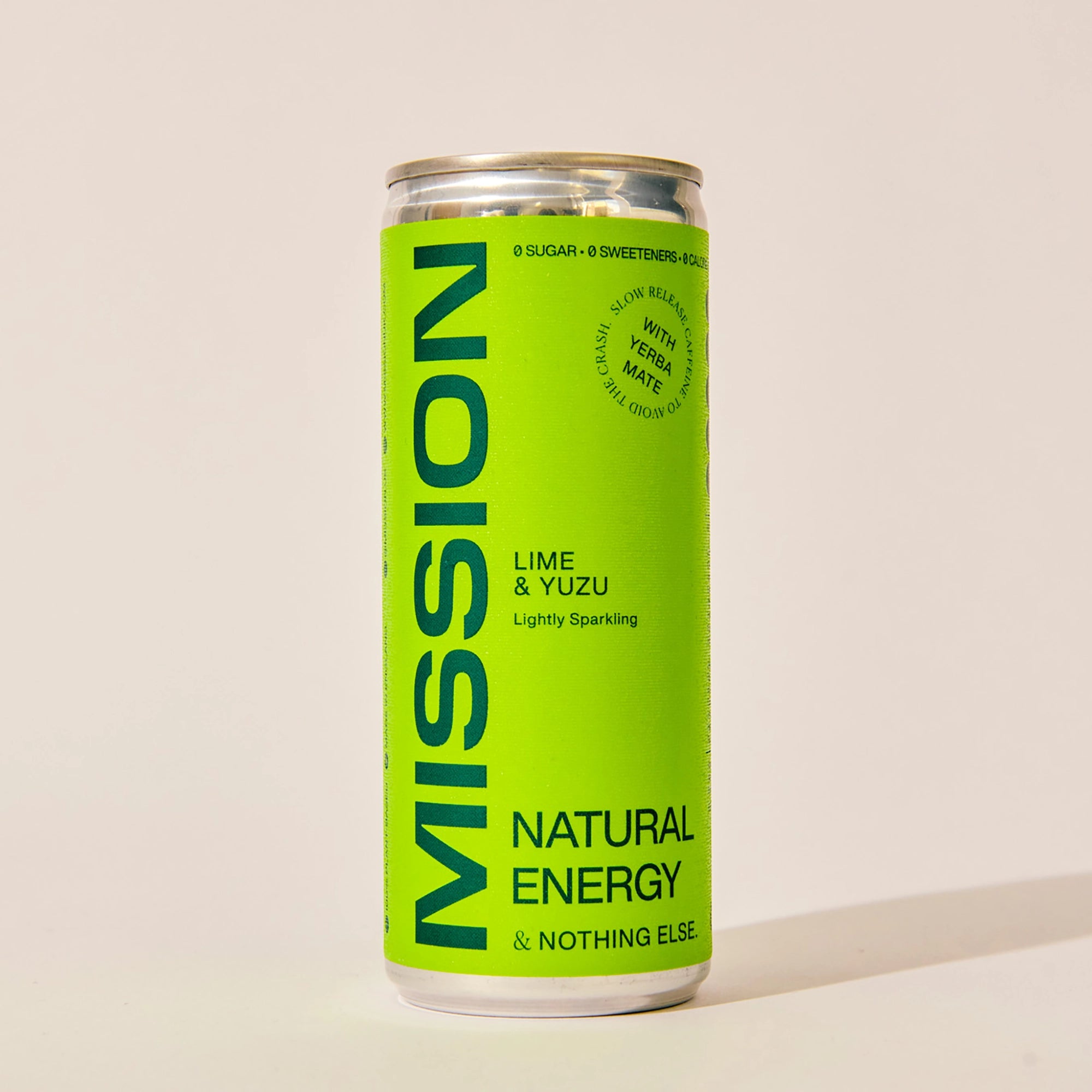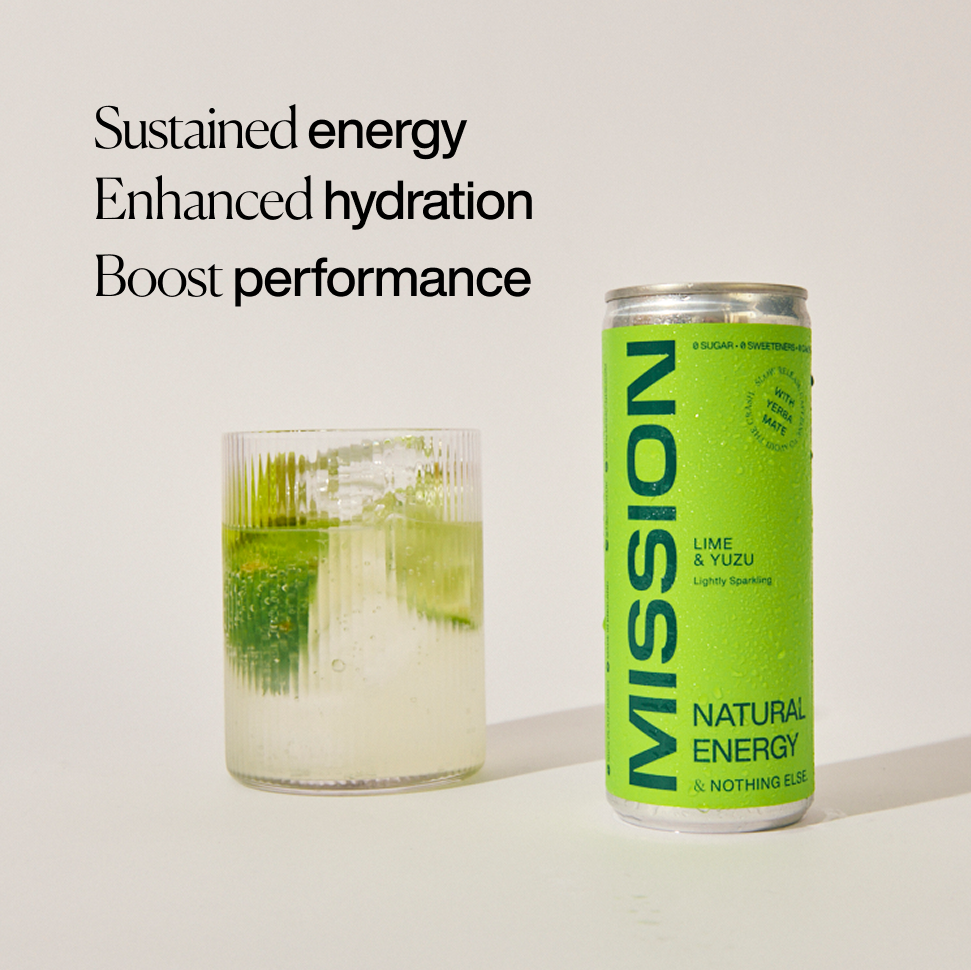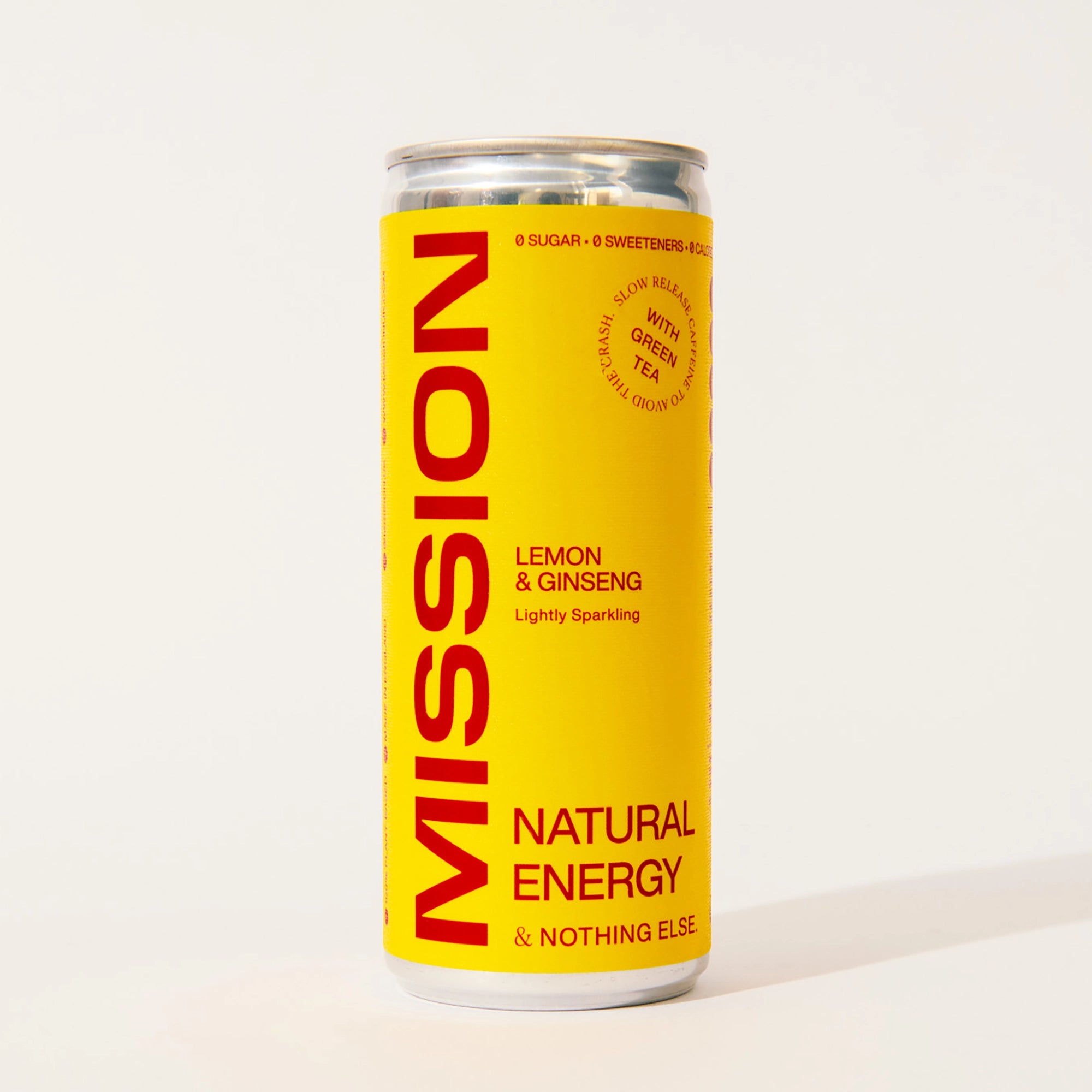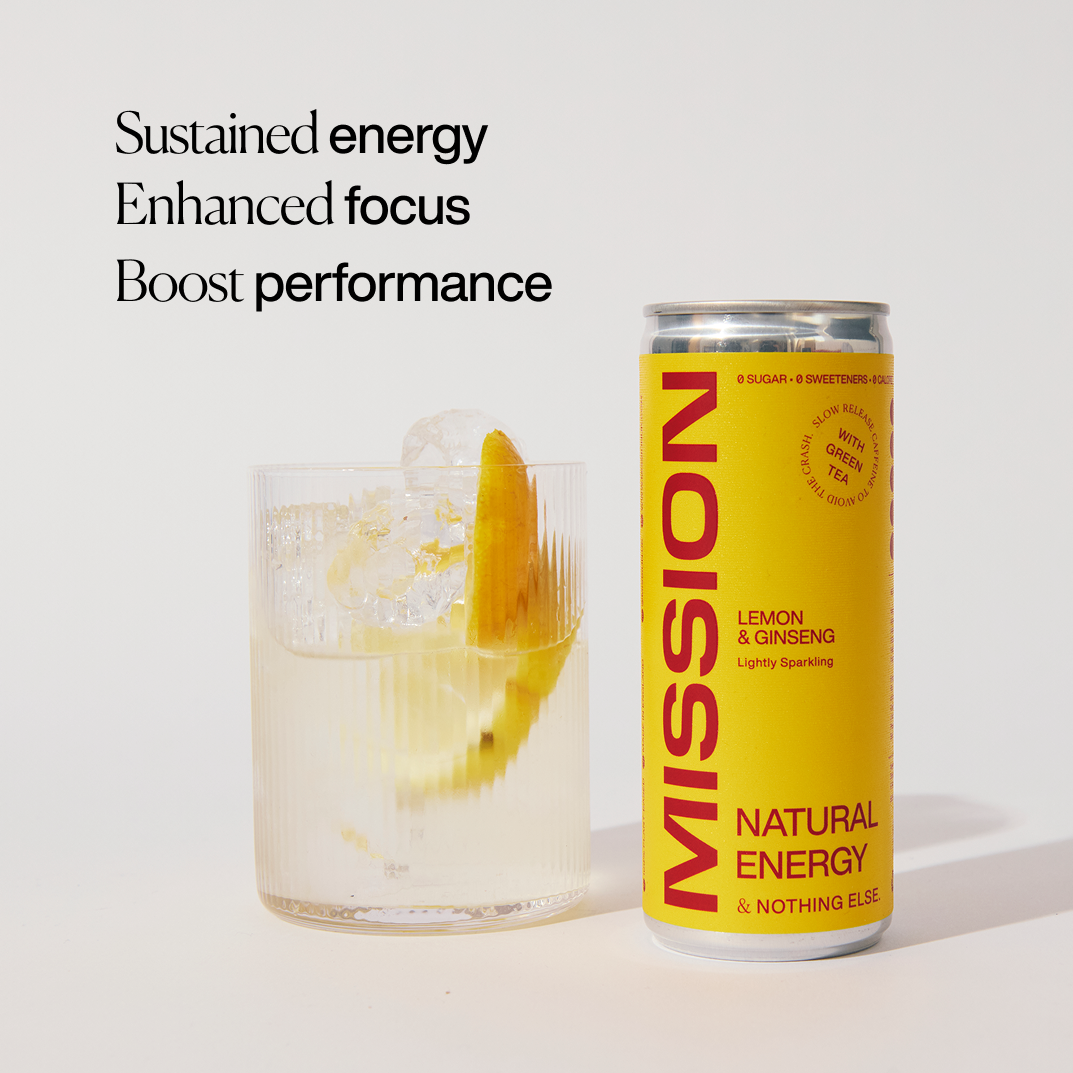Pillars of Recovery
1. Sleep

2. Re-fuel
It’s no surprise that proper nutrition and hydration are essential for optimal recovery. Refuelling with whole-food sources of carbohydrates, protein, and healthy fats (this includes nuts, seeds, avocados) can help replenish depleted glycogen stores and aid in muscle repair. Foods rich in antioxidants (fruits and vegetables), can help reduce inflammation and aid in the recovery process, too. For a cup of all the anti-inflammatory goodness, try our Recover blend - with Ashwagandha that is scientifically proven to help decrease muscle soreness.

3. Active recovery
Despite the huge volume of training you put your body through leading up to an event, nothing will replicate what it goes through on race day. The adrenaline, the atmosphere, and your mindset always makes you push that bit further and harder than ever, putting your body and muscles through something new. Active recovery plays a huge role in helping your muscles to repair. Engaging in low-impact exercise, such as walking, yoga, swimming or foam rolling, helps to increase blood flow to the muscles, which promotes healing and reduces stiffness. Active recovery can also help alleviate muscle soreness and improve range of motion. It's important to avoid high-intensity exercise or heavy lifting for the first few days after a big exertion to prevent further damage to the muscles and joints.

4. Gratitude and reflection
Finally, it is incredibly important to reflect on the amazing feat you’ve just completed! Taking the time to let that sink in, look at photos, write it down, speak about your highlights with your friends and family. You’ve worked incredibly hard and pushed yourself to extraordinary limits, it’s important to remind yourself of just how amazing that is.






